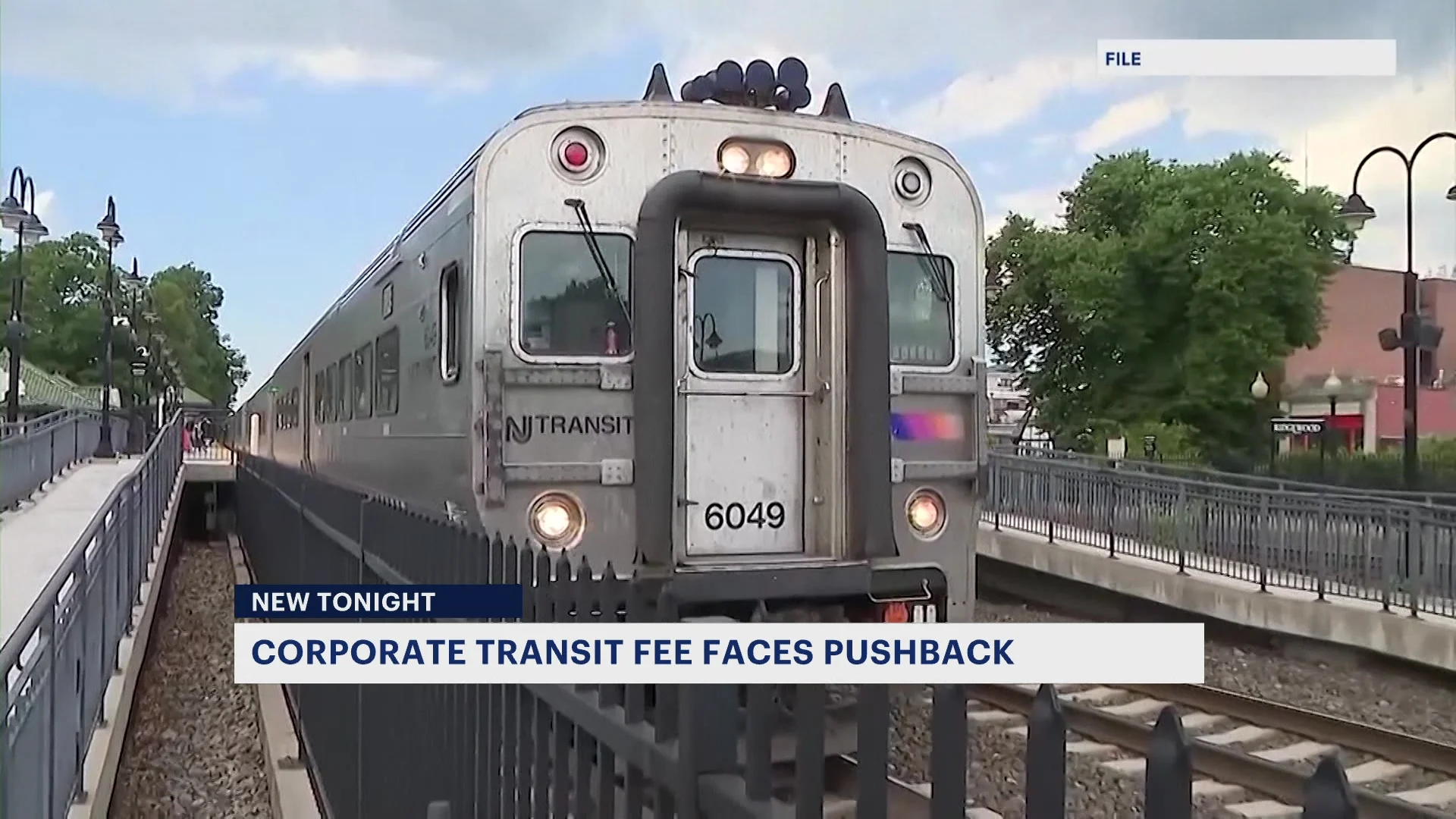
New Jersey Business Coalition Urges Legislature to Eliminate Proposed Corporate Transit Fee: Concerns for State’s Largest Employers and Economic Competitiveness
New Jersey Business Coalition members recently voiced their opposition to Governor Phil Murphy’s proposed 2.5% corporate transit fee as a dedicated funding source for New Jersey Transit. This plan could potentially impact around 600 of the state’s largest employers, who collectively employ hundreds of thousands of people.
During a meeting held in Trenton, business leaders and advocacy groups discussed the implications of this increase and what it could mean for employers that generate millions of dollars in net revenue. They are against this proposal and are calling on the state Legislature to eliminate the tax increase.
One member of the coalition emphasized that large companies may decide to relocate to other states if they are faced with affordability issues. Companies seeking to create new job opportunities or find new facilities will likely choose to do so in states with lower costs.
The coalition also highlighted the competition from surrounding states in the region and the ease with which companies can relocate. They believe that implementing this tax increase sends a negative message to the established business community in New Jersey.
Moving forward, the coalition is committed to raising awareness and engaging in discussions with the Legislature as the budget process unfolds. They hope to advocate for a solution that supports the interests of both businesses and the state’s overall economic health.

